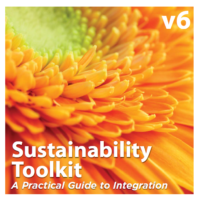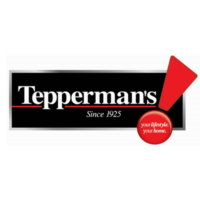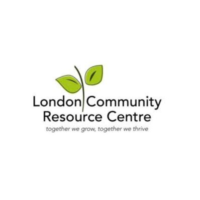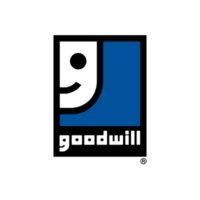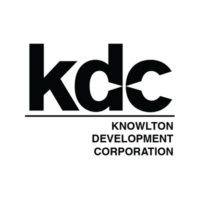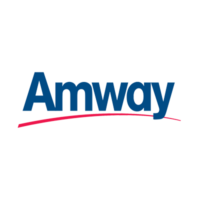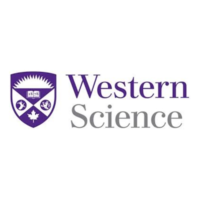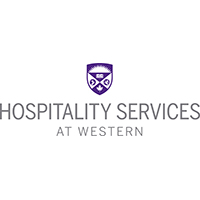Corporate Social Responsibility | Project
The Sustainability Toolkit
What is the Sustainability Toolkit?
The Sustainability Toolkit is a systems approach to sustainability management modelled after the Plan-Do-Check-Act cycle common to management systems, such as ISO 14001 (Environment), ISO 45001 (Occupational Health & Safety) and ISO 9001 (Quality). While there is widely-recognized guidance defining social responsibility (e.g. ISO 26000) and several frameworks detailing how sustainability should be reported (e.g. the Global Reporting Initiative and the International Integrated Reporting Framework), many organizations wishing to ingrain sustainability and corporate social responsibility within their operations are still left asking “where do we begin?” or “where do we go from here?”. The Sustainability Toolkit (Toolkit) was developed to address the lack of available practical guidance on how to implement and manage sustainability within organizations of any size, operating in any sector. The Toolkit’s guidance document and associated Action Plan & Assessment Tool have been designed to fill this knowledge gap by providing users with a clear process, promoting continual improvement, that will ultimately help them to demonstrate sustainability leadership.
“Applying a systematic process such as the Toolkit is assisting GoodLife to realize a significant reduction in operational energy consumption, cost and GHG emissions. Moving forward, the Toolkit’s components will be valuable in identifying other metrics that are material to our operation and transform GoodLife in to a sustainably managed corporation.”
Aron Griffith, Director of Club Services, GoodLife Fitness
Read our case studies below to see what our other Toolkit Ambassadors are saying about the approach!
The Toolkit Approach
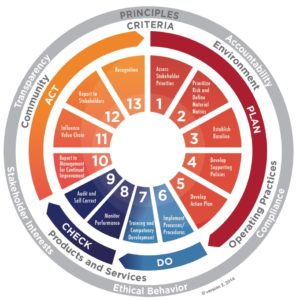
Figure 1. The Sustainability Toolkit’s 13-step systematic approach to sustainability management, modelled on the Plan-Do-Check-Act cycle that is common to popular management systems. Click on image to enlarge.
The Toolkit’s systematic approach breaks down sustainability implementation and management into 13 iterative steps that can be used in organizations at any level of sustainability integration, making sustainability much more manageable.
The Toolkit approach has been tested by numerous organizations, working through the 13 steps using the Action Plan & Assessment Tool, to manage their sustainability goals and programs. In 2015, Tavares Group Consulting Inc. carried out a Mitacs-funded research study to test the effectiveness and applicability of the Toolkit approach in organizations across multiple sectors and at varying stages of sustainability implementation. The results of the study demonstrated that all organizations face many of the same sustainability issues, and confirmed that the Toolkit’s process-based approach offers an inclusive solution to sustainability implementation and management that can be used by any organization regardless of size or sector.
Read the white paper from the research project below.
Sustainability Principles, Criteria, Metrics and Indicators
The Toolkit synthesizes globally recognized approaches to sustainability and systems-based management frameworks, such as ISO 26000, ISO 14001 and ISO 45001 to identify five Sustainability Principles and four key Sustainability Criteria that each organization must consider.
The Sustainability Principles (Accountability, Compliance, Ethical Behavior, Stakeholder Interests, and Transparency) directly influence the environment, society and the economy, while the Sustainability Criteria (Environment, Operating Practices, Products and Services, and Community) are the high-level categories that all organizations must address when developing a sustainability strategy.
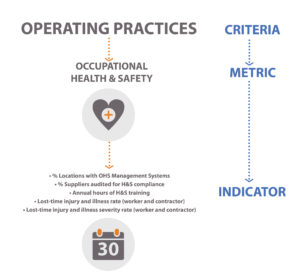
Figure 2. Sample indicators identified for the metric of Occupational Health & Safety within the Operating Practices criteria. The Toolkit approach guided the development of CSSE’s Sustainability Guide for Safety Practitioners, a strategic action plan for the CSSE that demonstrates how to integrate safety and sustainability into an organization. Click on image to enlarge.
Organizations should identify the impacts of their organization and define corresponding metrics, or sustainability issues (e.g. energy, philanthropy or Occupational Health & Safety). The materiality (i.e. importance) of each metric is determined using a risk-based approach that considers stakeholder priorities, benchmarking, and other risk factors as identified by the organization. The metrics that are deemed material for each Criteria shall be identified as the sustainability variables that will be managed. In order for an organization to have a comprehensive sustainability program that addresses all three pillars of sustainability (Environment, Society and Economy), material metrics must be identified for each of the Sustainability Criteria.
The Toolkit’s 13-step approach provides a clear and repeatable process that organizations can use to develop their sustainability strategy and manage their sustainability metrics. Indicators are specific measurements used to monitor an organization’s performance at managing their material metrics. Organizations can monitor a single sustainability metric using several different indicators that can be quantitative or qualitative, absolute or normalized, and reactive or proactive.
Toolkit Development Phase 1
The initial development of the Toolkit was guided by extensive supply chain research of the sustainability requirements imposed by many of the world’s largest companies on their supply chains. Key findings from this research were incorporated into the Toolkit design, including:
- A desire for a management system approach sustainability;
- Engagement with suppliers and verification to ensure Sustainability Principles and Criteria are implemented throughout the supply chain;
- Management and reporting of key environmental and operating metrics; and
- Adoption of life cycle approaches to reduce the impacts of products and/or services rendered.
Since its initial development, the Toolkit has been tested by several organizations (Toolkit Ambassadors). The feedback collected from the Toolkit Ambassadors has been used to update and improve the Toolkit.
“We have found the Sustainability Tool[kit] designed by Tavares [Group] Consulting to be an incredibly simple and easy to use process. We’re excited about the results and are anxious to implement a number of initiatives to help fill the gaps that were identified. I would highly recommend the Toolkit to any organization interested in sustainability”
Angela Abdallah, National Marketing Manager, Amway Canada
See what our other Toolkit Ambassadors are saying about the approach in our case studies above!
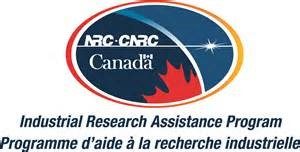
This phase of development was made possible through financial support from the National Research Council of Canada Industrial Research Assistance Program
Toolkit Development Phase 2
As a second phase of development, the Toolkit approach was converted into an online software that enhances the user experience and offers increased functionality by incorporating:
- Detailed guidance to provide users with step-by-step direction to develop and implement a well-rounded sustainability strategy;
- Planning functionality that allows users to assess their current initiatives, identify actions and track project progress;
- A self-reporting assessment that allows users to see a ‘snap shot’ of the status of sustainability within their organization; and
- Reporting functionality that allows users to interactively view detailed data for a comprehensive analysis of their sustainability program.
To learn more about StaarsoftTM, our Sustainability Toolkit Action Planning, Assesment, and Reporting Software, click here.

We incorporate the Toolkit’s systematic approach to sustainability into our Corporate Social Responsibility (CSR) projects. Click here to learn how we used the approach to develop a CSR strategy for a large energy company, and allow them to demonstrate their community impact.
In 2015, Tavares Group Consulting was engaged by the Canadian Society of Safety Engineering (CSSE) to develop a strategy and action plan to solidify the integration of safety into the larger sustainability movement. Click here to learn more about the project and the tools we developed for CSSE members.

